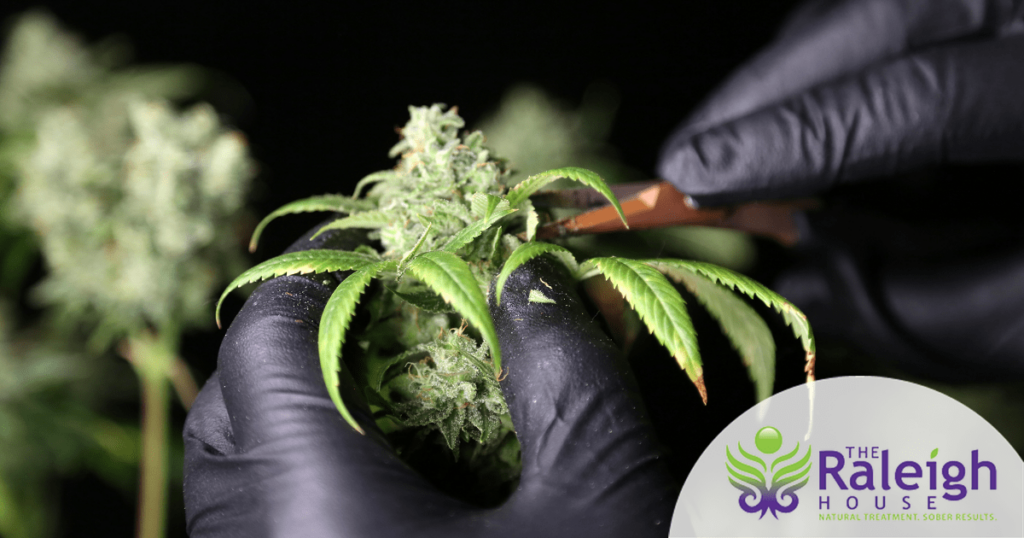
There are a lot of different opinions on medical marijuana use, but there is also one very interesting fact that took the medical community by surprise.
A University of California report found that states that legalized medical marijuana ended up treating far fewer opioid users. In fact, the hospitalization rate for opioid dependence and abuse dropped by 23 percent in these states. Meanwhile, the hospitalization rate for opioid overdoses fell by 13 percent.
At the same time, these states saw no increase in hospitalizations for marijuana use.
Given the enormity and complexity of the opioid crisis, many public health experts took a long, hard look at the results of the report. While it’s too early to make any definitive statements, the report suggests that marijuana use can help curb opioid use.
A second study published in the Journal of Pain Research found that at least 46 percent of people who used marijuana at least once within the previous 90 days had used it as an alternative to prescription drugs that treat pain, anxiety and depression.
The next logical question is what are the potential consequences of using marijuana to overcome opioid use?
Side Effects of Marijuana Smoking
There are definitely some benefits to marijuana use. Researchers have found that it can help with chronic pain, nausea from chemotherapy and multiple sclerosis symptoms.
But there are also protentional side effects with mixed research. Some evidence suggests that marijuana can impair learning and memory for up to 24 hours after use. That may not sound like a big deal, but if you get high on a regular basis, the effect could be significant.
Marijuana can also negatively affect one’s physical health. There is also some evidence, although limited, that marijuana could lead to testicular cancer and compromise lung health.
Lastly, there is evidence that people with schizophrenia and bipolar disorder commonly use marijuana, but it’s unclear if the mental illness or marijuana use came first. So far, researchers are still exploring the answer to this question.
The Bottom Line
Unfortunately, the bottom line is that there is still much research to be done. Could marijuana turn out to be useful in the fight against opioid abuse? Possibly. But it could also be true that marijuana is just a crutch and that true recovery involves getting to the bottom of your emotions and issues.
At the end of the day, more research will be needed before we will know for sure.
Hope and Healing at The Raleigh House
At The Raleigh House, we believe that addiction isn’t fixed by a quick detox. After all, what good is it to be sober if you’re not happy? Instead, we take a whole-person approach to recovery. That means we don’t just get heroin or painkillers out of your system. The real work is helping you recover psychologically, mentally, spiritually and socially. We also evaluate and treat residents for any co-occurring conditions that may exist, such as depression or post-traumatic stress disorder.
Fill out our form or contact us today to learn more about the prescription painkillers or heroin treatment program at The Raleigh House.




